Using Tools in Science
Tools Extend Us, The Right Tool, TELEVISION, MUSIC PLAYER, LIGHT BULB, CELL PHONE, Scientific Tools Everywhere
We all use tools to get things done. To eat soup, we use a spoon. To move a heavy box, we use a cart. To sign our name, we use a pen. Every tool, large or small, exists to do a job.
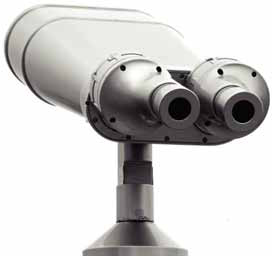
DID YOU KNOW?
Tools have been helping people throughout history. Spears and arrows aided ancient hunters. Early farmers made use of simple plows. For writing, people once used hollow reeds and wing feathers.
Tools Extend Us
Tools allow us to do things beyond our natural abilities. Some tools extend our physical strength, our reach, and our speed. Other tools expand the limits of our senses. Still others provide us with added brain power.
The tools we use to measure things help increase our understanding of the world.

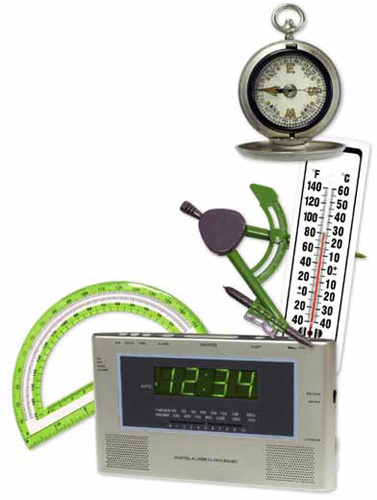
The Right Tool
Without the right tool, many tasks are difficult or impossible. But a useful tool can inspire people to use it in various ways. One tool is not suited for all purposes, though. So inventors are always designing new and better tools for specific jobs.

DID YOU KNOW?
The term technology applies to any practical use of scientific knowledge. Many nations are technologically advanced because the lifestyles of their citizens depend on technology.
Scientific knowledge contributes to the invention of some tools. The light bulb, for instance, would not exist without knowledge of electricity. Likewise, earlier scientific discoveries made engines, televisions, and microwave ovens possible.
PAST TO PRESENT
TELEVISION
TV networks send television signals through the air at the speed of light. Today, all TV signals in the United States are a digital signal.
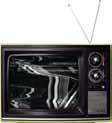 PAST
PAST
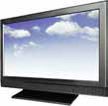 PRESENT
PRESENT
MUSIC PLAYER
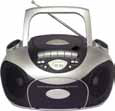 PAST
PAST
 PRESENT
PRESENT
Audiotapes store music as magnetioc signals. Compact discs (CDs) and digital files store it as data. All music players convert stored material back into sound.
LIGHT BULB
All light bulbs use electric power to produce light. The latest types of bulbs have been improved to use less electricity to produce light.
 PAST
PAST
 PRESENT
PRESENT
CELL PHONE
 PAST
PAST
 PRESENT
PRESENT
Every cell phone uses radio waves to send and receive messages. Voice, text, picture, and video messages are common on today's cell phones.
Scientific Tools Everywhere
Scientists, both young and old, use tools to help them find or discover information. From the simplest to the most advanced, tools are useful at every stage of the scientific process. Certain tools are ideal for observing and collecting information. Scientists rely on other tools to conduct experiments. To organize and store data, and share it with others, scientists make use of an even different set of tools.
Wherever investigations into science take place, tools are in use. In laboratories, biologists use powerful instruments to study cells. Chemists use other devices to analyze substances. In the field, special tools allow geologists to explore the Earth and astronomers to study the stars.
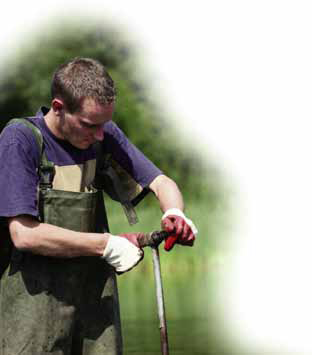 BIOLOGIST
BIOLOGIST
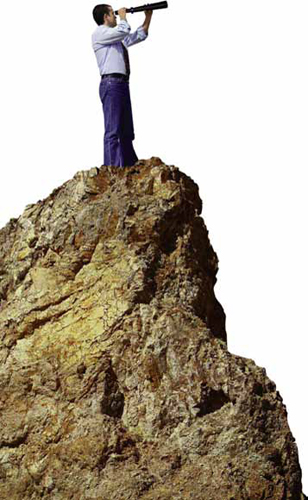 ASTRONOMER
ASTRONOMER
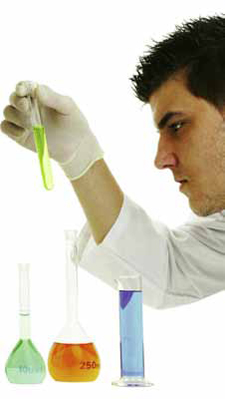 CHEMIST
CHEMIST
Additional topics
- Tools That Extend the Senses - Observing Far Away, Types of Telescopes, Observing Close Up, How an Optical Microscope Works
- Other Free Encyclopedias